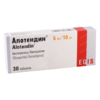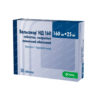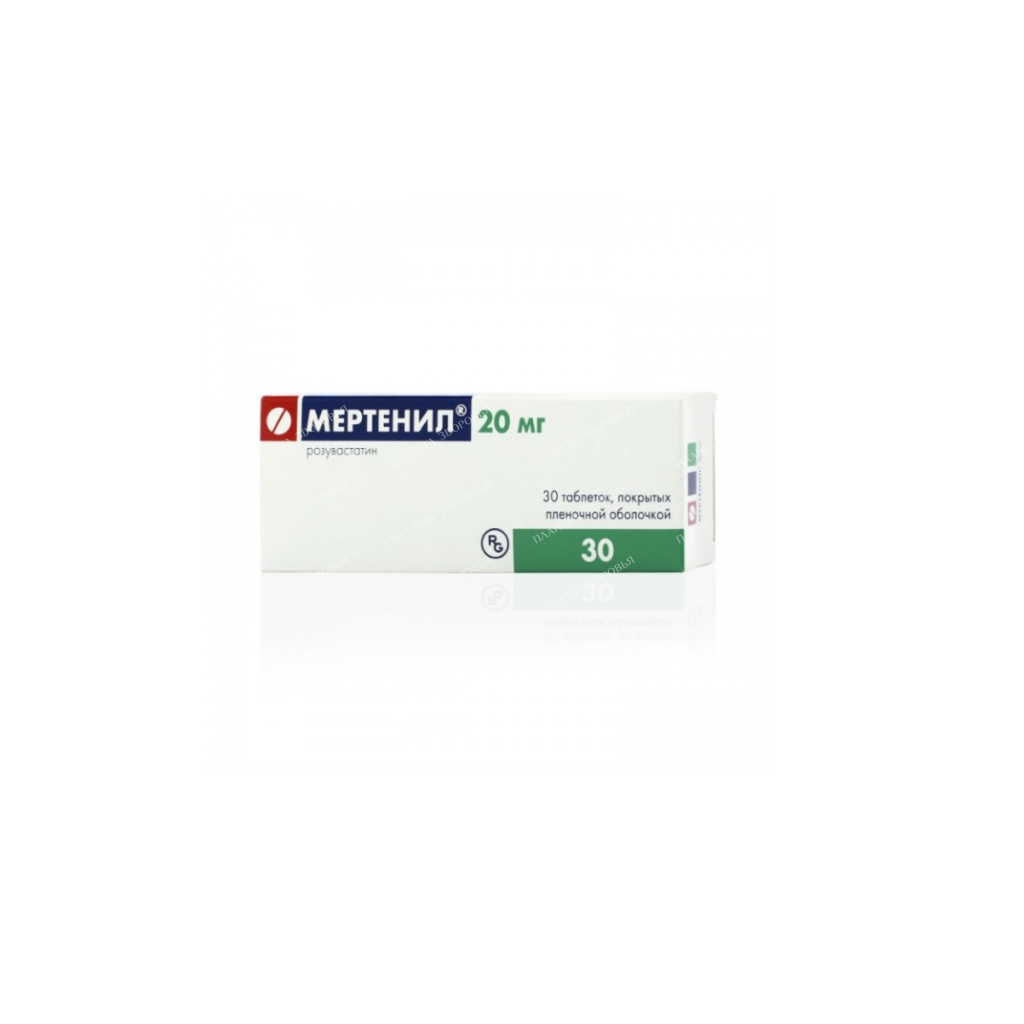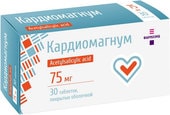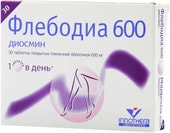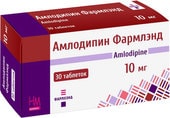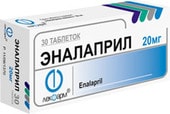h2 {
font-size: 2em;
margin-top: 0;
}
h3 {
font-size: 1.5em;
margin-top: 1.5em;
}
p {
margin-bottom: 1em;
}
ul {
margin-top: 0.5em;
padding-left: 2em;
}
li {
margin-bottom: 0.5em;
}
Mertenil Tablets 20mg: A Comprehensive Guide to Lowering Cholesterol
Description:
Mertenil tablets, available in 5mg, 10mg, and 20mg strengths, are film-coated tablets used to effectively lower cholesterol levels. This comprehensive guide will explore the mechanisms of action, indications for use, dosage recommendations, precautions, side effects, and interactions of Mertenil.
What is Mertenil?
Mertenil contains rosuvastatin, a highly effective medication belonging to the statin class. It works by inhibiting HMG-CoA reductase, an enzyme crucial for cholesterol synthesis in the liver. By reducing cholesterol production, Mertenil effectively lowers levels of “bad” cholesterol (LDL) while raising “good” cholesterol (HDL).
Key Benefits of Mertenil:
- Reduces LDL Cholesterol: Mertenil significantly lowers low-density lipoprotein (LDL) cholesterol, a major risk factor for heart disease.
- Increases HDL Cholesterol: Mertenil helps raise high-density lipoprotein (HDL) cholesterol, known as “good” cholesterol, which plays a protective role against heart disease.
- Manages Triglycerides: Mertenil can effectively reduce triglyceride levels, another important factor in cardiovascular health.
- Reduces Cardiovascular Risk: By effectively lowering cholesterol and managing triglycerides, Mertenil helps decrease the risk of cardiovascular events, including heart attacks and strokes.
When is Mertenil Prescribed?
- Primary Hypercholesterolemia: In adults, children, and adolescents (10 years and older) with high cholesterol levels due to genetic or lifestyle factors.
- Mixed Dyslipidemia: In adults with a combination of high LDL cholesterol and high triglyceride levels.
- Homozygous Familial Hypercholesterolemia: In individuals with a severe genetic form of high cholesterol, often requiring additional therapies.
- Prevention of Cardiovascular Complications: In adult patients at high risk of developing heart disease, even without existing symptoms.
Dosage & Administration:
The recommended dose of Mertenil varies depending on the individual’s condition, cholesterol levels, and overall risk factors. Your healthcare provider will determine the appropriate dosage and frequency for you.
- Initial Dose: Typically 5mg or 10mg once daily for both patients new to statins and those switching from other HMG-CoA reductase inhibitors.
- Dosage Adjustment: The dose can be increased after 4 weeks, based on individual response and tolerance.
- Maximum Dose: 40mg daily for patients with severe hypercholesterolemia and high cardiovascular risk, under careful medical supervision.
Important Precautions:
- Muscle Problems: Mertenil, like other statins, can cause muscle pain, weakness, and in rare cases, rhabdomyolysis (muscle breakdown). If you experience any muscle-related symptoms, inform your doctor immediately.
- Liver Function: Monitor liver function before and regularly during treatment.
- Pregnancy and Breastfeeding: Mertenil is contraindicated during pregnancy and breastfeeding.
- Renal Function: Dose adjustments may be necessary for individuals with kidney problems.
- Drug Interactions: Mertenil can interact with certain medications, including fibrates, cyclosporine, and certain HIV protease inhibitors. Inform your doctor about all medications you are taking.
Potential Side Effects:
While generally well-tolerated, Mertenil can cause some side effects, including:
- Common: Headache, muscle aches, constipation, nausea, and indigestion.
- Less Common: Dizziness, memory loss, skin rash, and increased liver enzyme levels.
- Rare: Rhabdomyolysis, allergic reactions, and tendon problems.
Drug Interactions:
Mertenil can interact with various medications, including:
- Fibrates: Increased risk of myopathy.
- Cyclosporine: Increased risk of myopathy.
- HIV Protease Inhibitors: Increased risk of myopathy.
- Vitamin K Antagonists: May increase the risk of bleeding.
- Oral Contraceptives: May increase the levels of estrogen in the blood.
Conclusion:
Mertenil is a highly effective medication for lowering cholesterol levels and reducing the risk of cardiovascular disease. However, it is crucial to use it under the guidance of a healthcare professional. Be sure to discuss your medical history, any current medications, and any concerns you have with your doctor to ensure the safe and effective use of Mertenil.
| INN | ROSUVASTATIN |
|---|---|
| The code | 64 282 |
| Barcode | 5 997 001 362 853 |
| Active substance | Rosuvastatin |
| Manufacturer | Gedeon Richter Pls., Hungary |
| Importer | IOOO Interfarmaks 223028 Minsk region, Minsk district, Zhdanovichsky s / s, ag. Zhdanovichi, st. Star, 19a-5, room. 5-2 |
Related products
Cardiovascular Health
 Free worldwide shipping on orders $99+
Free worldwide shipping on orders $99+  US: temporary delays — postal services aligning new import rules,
US: temporary delays — postal services aligning new import rules,  EU: 1–2 weeks,
EU: 1–2 weeks,  Worldwide: 1–4 weeks
Worldwide: 1–4 weeks 

